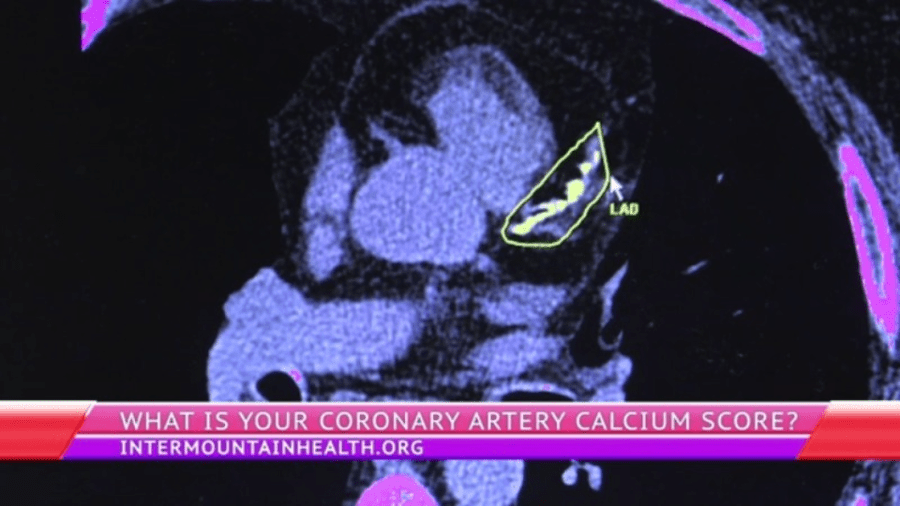A comprehensive study conducted by researchers at Intermountain Health in Murray, Utah, has found that a coronary artery calcium (CAC) score of zero is a reliable indicator of low risk for cardiac events, regardless of age. The findings, presented at the American College of Cardiology annual scientific sessions in Chicago, challenge previous assumptions about the influence of age on coronary risk factors.
For many years, a CAC score of zero has been recognized as a sign of minimal risk for heart-related incidents within a five-year timeframe. This study examined the data of over 40,000 patients to determine if age influences the predictive value of a zero score. The results indicate that individuals with no evidence of plaque buildup in their coronary arteries maintain a low risk for heart events, even as they age.
Dr. Jeffrey L. Anderson, the principal investigator and a distinguished clinical and cardiovascular research physician at Intermountain Health, stated, “We found that a zero-plaque burden is not only highly prognostic of good heart health at any age, but also of excellent overall survival.” This underscores the importance of having little to no coronary plaque, as it correlates with longer, healthier lives.
Study Details and Findings
The investigation involved a retrospective analysis of 40,820 symptomatic patients who were assessed over a span of ten years. Each participant underwent a PET/CT scan to measure advanced, calcified plaque in their coronary arteries. Of this group, 8,170 patients achieved a CAC score of zero, with a breakdown of 5,185 patients under the age of 65 and 2,782 patients aged 65 and above.
The researchers monitored coronary health outcomes for an average period of over two years. They discovered that patients with a zero CAC score exhibited significantly lower rates of coronary death and non-fatal heart attacks. Specifically, coronary events were reported in only 0.12% of younger patients and 0.25% of older patients, demonstrating a minimal difference between age groups.
Additionally, the study highlighted that those with no coronary artery calcium had two to three times lower rates of overall mortality compared to those with detectable plaque. Dr. Anderson noted, “It makes sense that if you have disease in your coronary arteries, you may also have vascular complications in other organs of your body.”
Future Research Directions
The implications of these findings extend beyond cardiac health. Dr. Anderson emphasized that a zero CAC score could serve as a predictor not only for coronary mortality but also for reduced risk of other causes of death. The next phase of research will focus on exploring the relationship between a zero CAC score and all-cause mortality, including its potential links to vascular diseases in other organs and even cancers.
This study represents a significant advancement in understanding cardiovascular health and emphasizes the need for continued research into the long-term implications of coronary artery calcium scores. As awareness grows regarding the importance of monitoring heart health, the findings from Intermountain Health offer hope for individuals seeking to improve their longevity and overall well-being.
